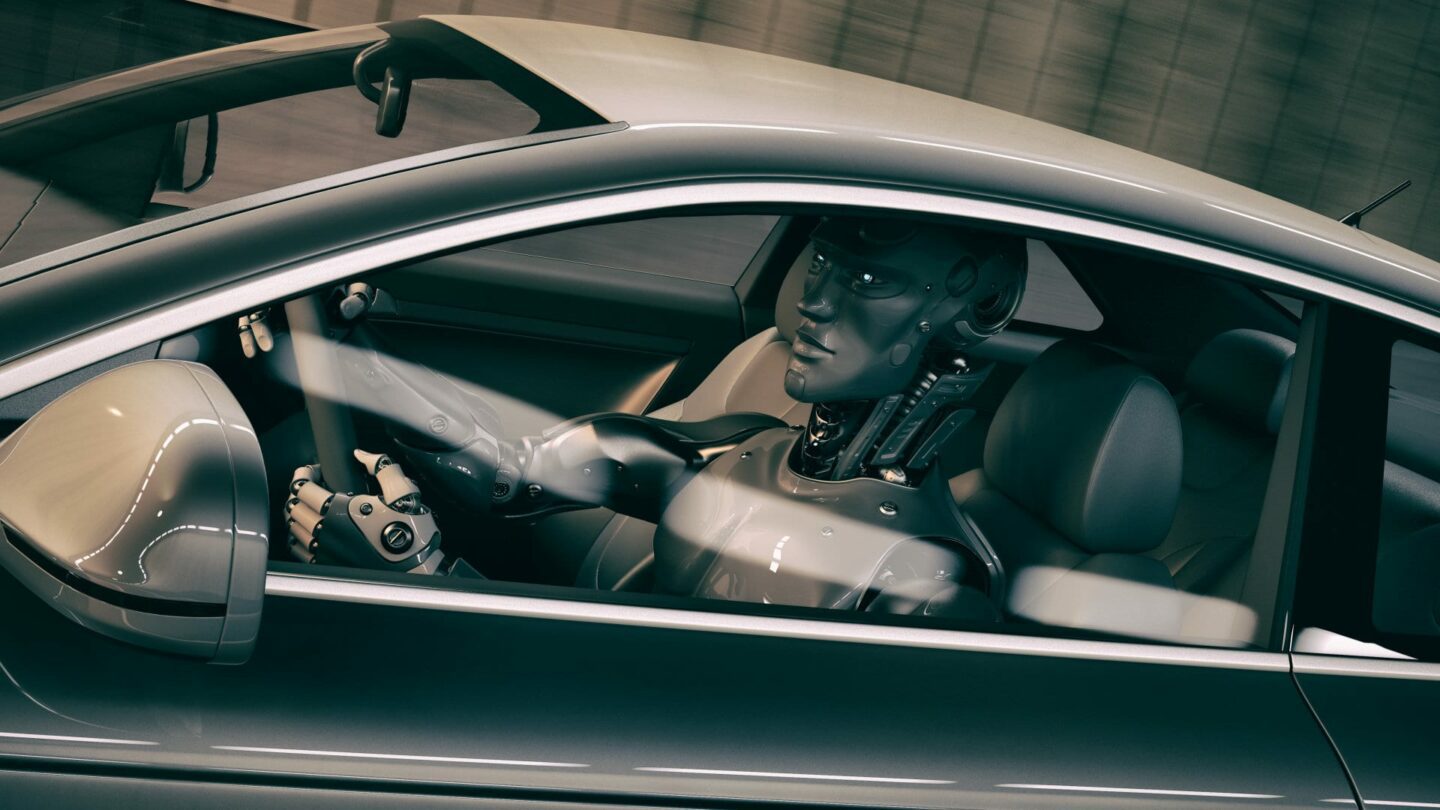I still remember the first time I ever rang up an insurance company to get a quote. Gloating about the fact that I had passed my test within three and a half months of my 17th birthday, and driving my poor parents around the bend and every roundabout in Hampshire, I was left gobsmacked to find out that as a new driver my insurance would cost between £2,000 and £3,000.
One of the current debates in the news is self-driving cars, but how will insurance companies distinguish between insuring a driver behind the wheel and a driverless car, and more importantly what will it cost?
It is argued that driverless cars might cut the risk of accidents, and while we’ll all be in favour of fewer collisions on the road and driving on the M25 without fear of being stuck in traffic due to an earlier collision, the question remains – to insure, or not to insure?
According to the DVLA, in 1931 there were 2.3 million cars on the roads and over 7,000 people were killed in road accidents. Today, that figure is below 2,000 despite there being over 35 million cars. Last year, the number of people seriously injured also decreased by 3%.
With more cars on the road with advanced technologies and driving aids, such as blind spot monitoring systems and emergency brake assist, driving has certainly been made safer and smarter with cars that almost think for themselves. Without the thinking distance, arguably stopping distances will also be reduced, meaning that you are less likely to hit the car in front by reacting slowly. In the next six years, nearly every new car will be equipped with automated emergency braking systems, but will this reduce insurance premiums?
And how will insurance companies handle the issues surrounding liability? When two drivers of traditional cars are involved in an accident, the driver at fault will be liable to cover the costs of the damages incurred by the victim. But what if the vehicle at fault was a driverless car? You can’t exactly take a computer to court should they fail to pay damages incurred, so will the car manufacturers be responsible?
So much remains unclear at this stage but if autonomous cars are going to make the roads safer, then perhaps we all will benefit. Even first time drivers, who won’t have to resort to using public transport and ‘Dad’s Taxi Company’ because insurance companies’ may look to lower premiums. Watch this space.

















